Grasping EV Efficiency
Our discussion with Jason Fenske from Engineering Explained revealed that achieving an extended range in electric vehicles (EVs) involves more than just upgrading the battery size. The efficiency of an EV is influenced by various factors including the output of the electric motor, battery capacity, vehicle weight, and aerodynamic design. While larger batteries can extend the distance an EV can travel, they also add extra weight and expense. Therefore, optimizing efficiency is critical for improving range.
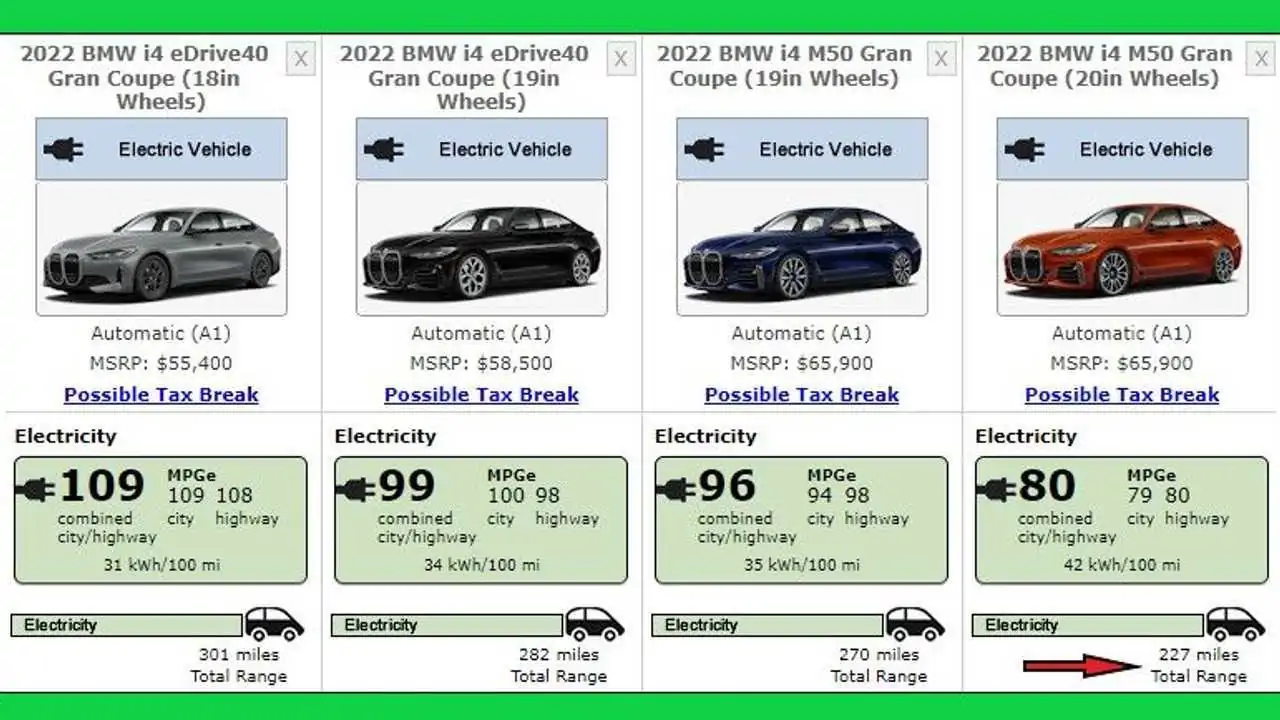
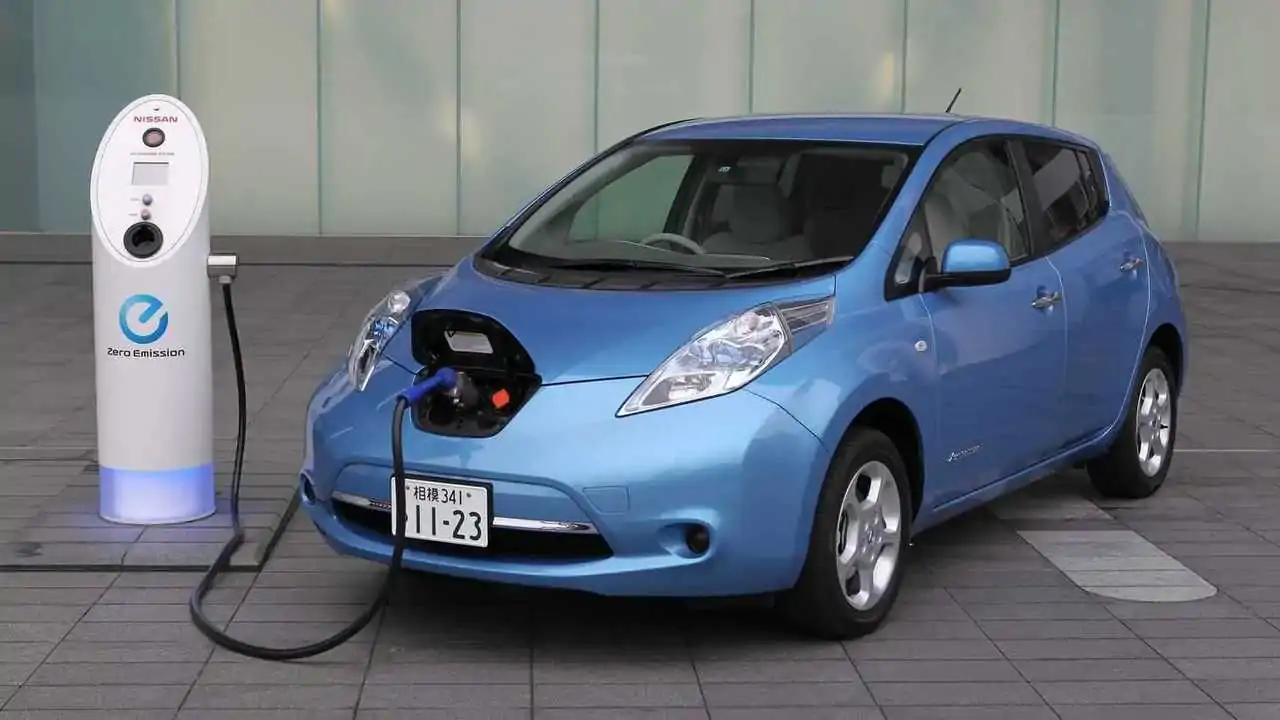
The Role of Aerodynamics and Weight
Maximizing an EV’s range requires a focus on reducing weight and improving aerodynamics. According to Jason Fenske, aerodynamic design plays a crucial role in range performance. For instance, the Mercedes-Benz EQXX sedan demonstrated that aerodynamic drag was responsible for 62% of its range reduction. Moreover, minimizing vehicle weight and using low rolling resistance tires are essential strategies for enhancing how efficiently an EV utilizes its energy.
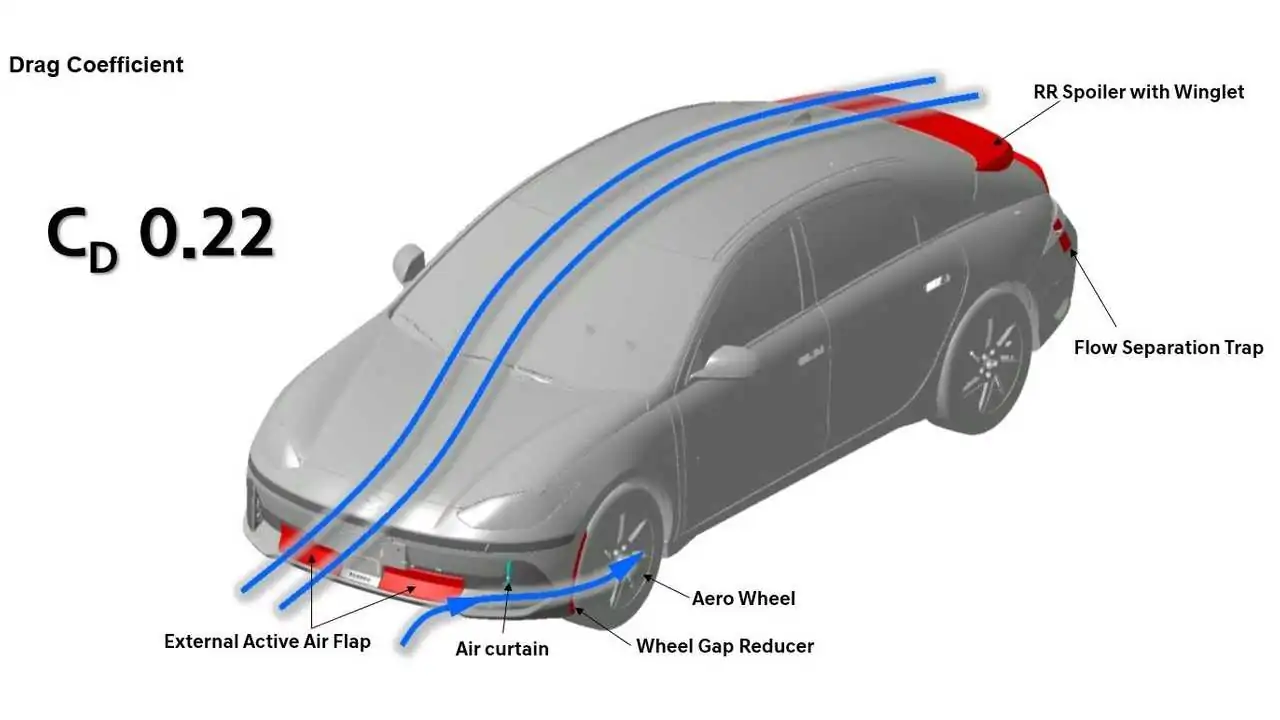
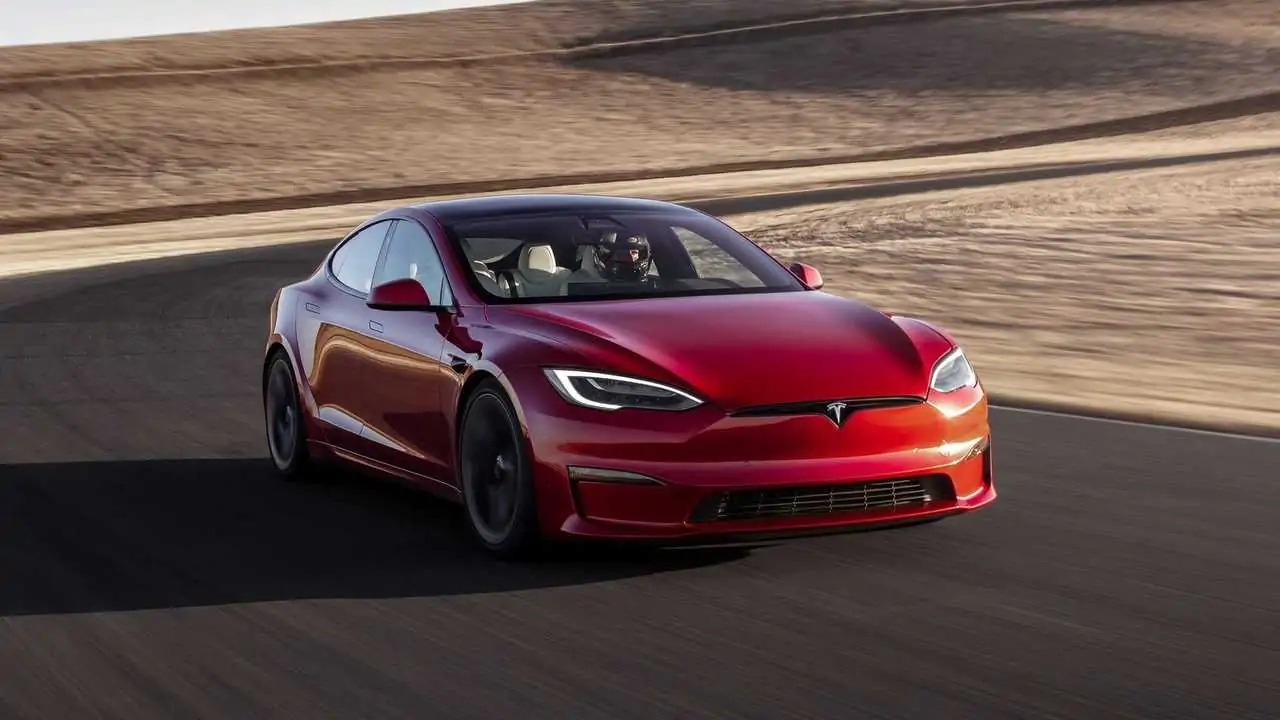
Balancing Power with Efficiency
A powerful motor does not always mean a reduction in range. In fact, improved power can enhance efficiency if managed properly. For example, the 2024 Volkswagen ID.4 achieved an improved range even with a more powerful motor. Proper management of motor performance and driving habits can ensure that increased power does not negatively affect overall efficiency.

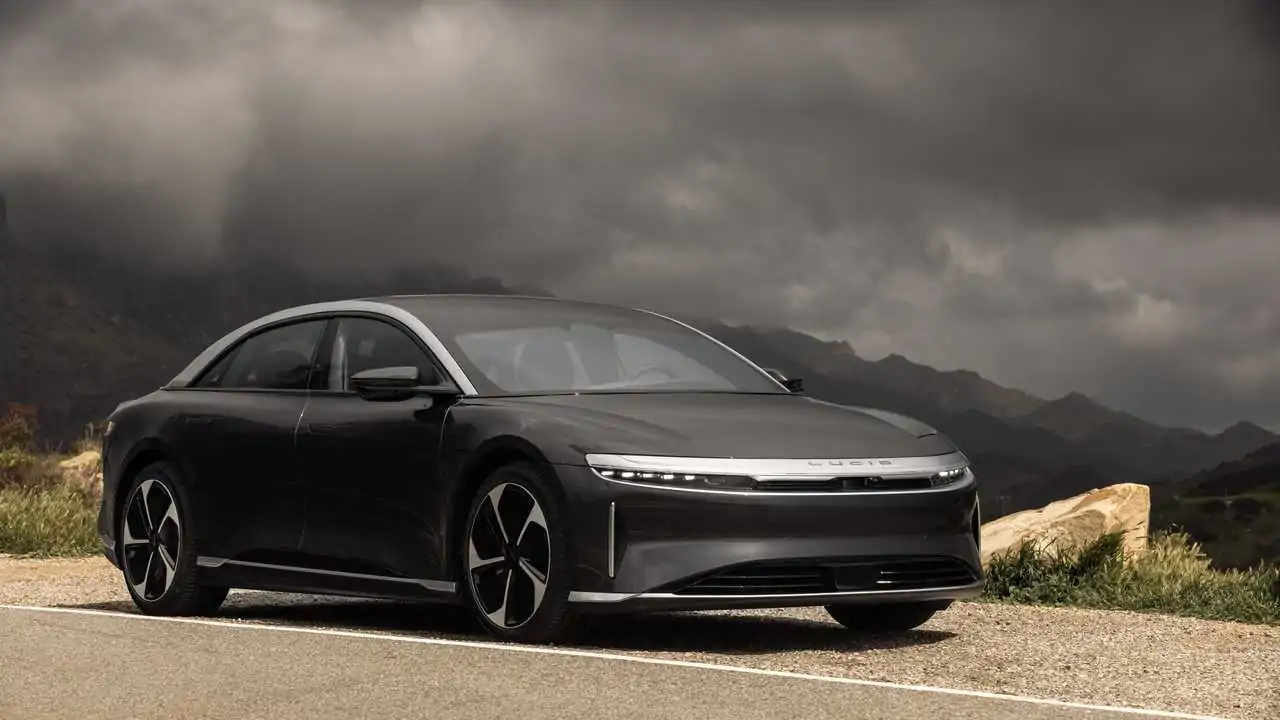
Balancing Power with Efficiency
A powerful motor does not always mean a reduction in range. In fact, improved power can enhance efficiency if managed properly. For example, the 2024 Volkswagen ID.4 achieved an improved range even with a more powerful motor. Proper management of motor performance and driving habits can ensure that increased power does not negatively affect overall efficiency.
